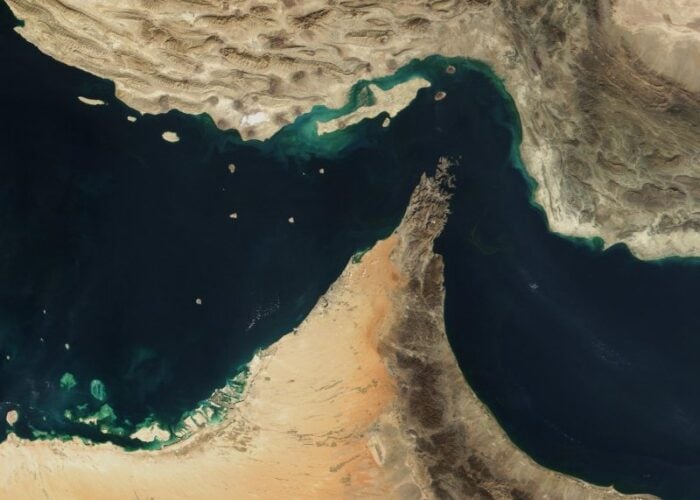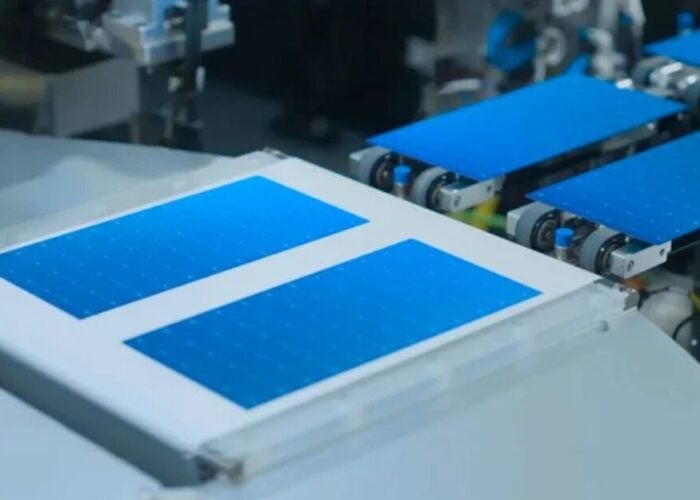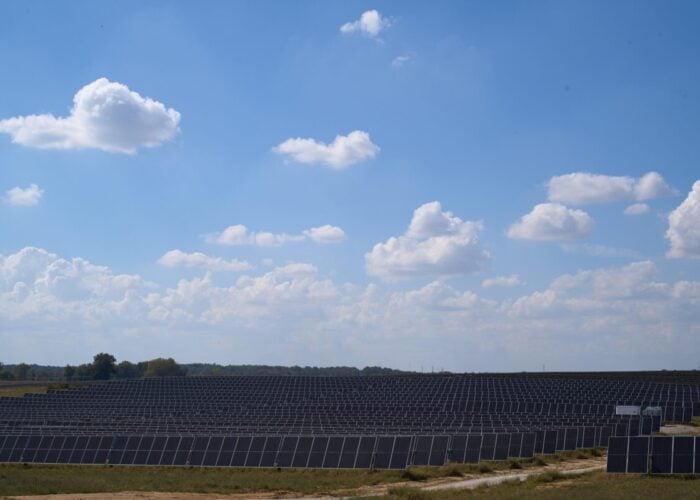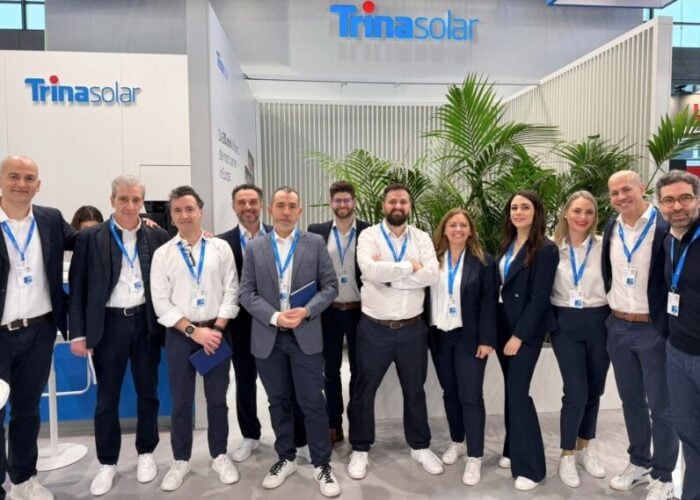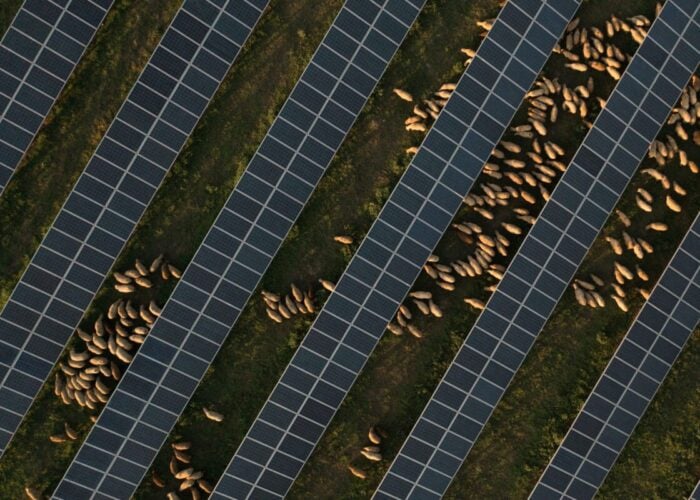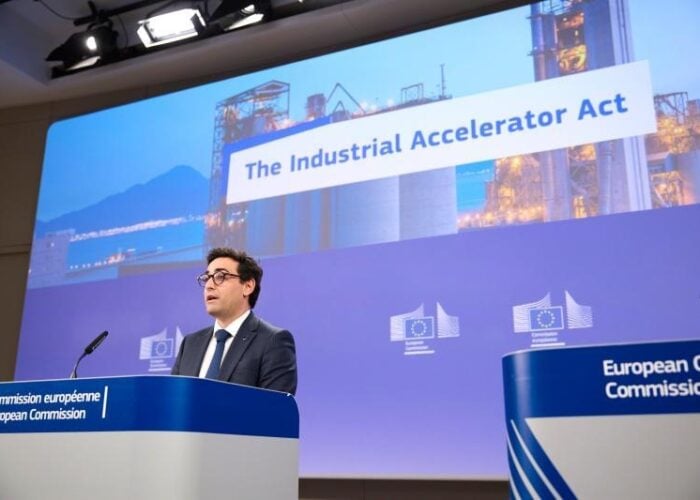German chemical company Merck will lead a consortium to develop high-efficiency cobalt-based dye-sensitised solar cells (DSSCs).
The German Federal Ministry of Education and Research (BMBF) will provide around €3 million (US$4 million) for project COBRA (organic cobalt-based low-cost printable large-area photovoltaics), which will run for three years.
Try Premium for just $1
- Full premium access for the first month at only $1
- Converts to an annual rate after 30 days unless cancelled
- Cancel anytime during the trial period
Premium Benefits
- Expert industry analysis and interviews
- Digital access to PV Tech Power journal
- Exclusive event discounts
Or get the full Premium subscription right away
Or continue reading this article for free
The research project also includes 3GSolar from Israel and Colour Synthesis Solutions (CSS) from Manchester, United Kingdom.
The partners in the project will attempt to significantly increase the efficiency and stability of dye-sensitised solar cells. Merck claims this is to be achieved, among others, by using a new cobalt-based redox system in a non-volatile electrolyte of the cell. Furthermore, the large-area dye-sensitised solar cells being developed are to have a projected lifetime of more than 20 years.
This technology is expected to offer an economically attractive to PV technologies already available today.
Merck is contributing to the COBRA project by developing high-performance cobalt-based electrolyte solutions. Over the course of several generations, the electrolyte is precisely tailored to the dyes developed by CSS. The sub-project of 3GSolar focuses on optimising the electrodes and the configuration of the dye-sensitised solar cells. Merck claims this ensures a harmonious interaction of all materials used, which is essential to the overall performance of dye-sensitised solar cells.
DSSCs generally convert light over a wide range of intensity into electricity. In both diffuse light and direct sunlight, electricity can be generated without compromising on performance even at elevated temperatures. As their light transmittance can be flexibly adjusted, they are ideally suitable for use in building façades and can contribute, for example, to supplying energy to office buildings. Further applications for indoor use include mobile charging stations for small electronic devices as well as power supply units for sensors (for measuring temperature, air humidity, etc.) and for electronic, wireless price displays in the wholesale and retail sector.
The project followed the call of the European Commission for sponsoring collaboration among national research programs within the scope of the initiative OLAE+ (Organic and Large Area Electronics European Competition for Collaborative R&D Funding). This initiative is sponsored in Germany by the BMBF.

